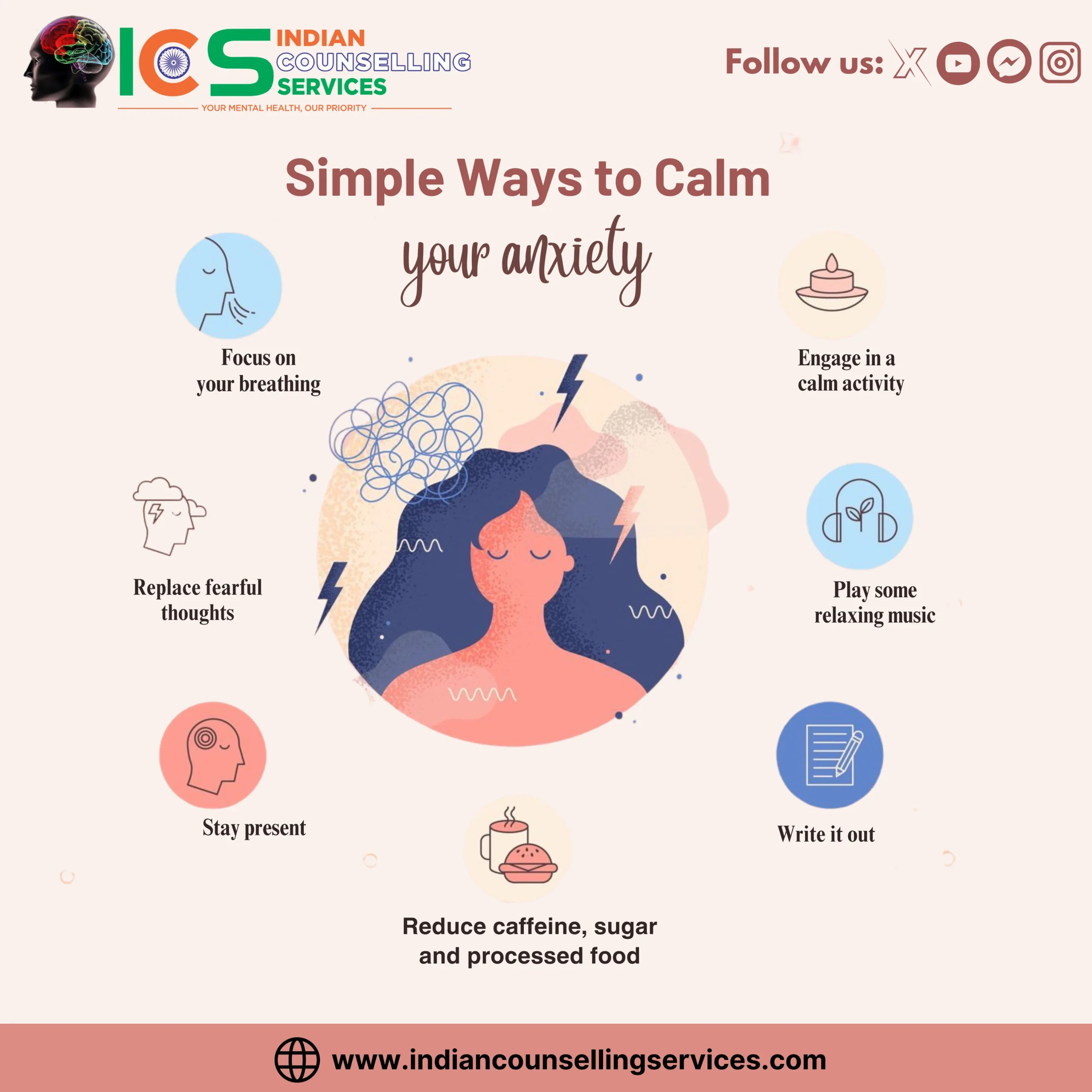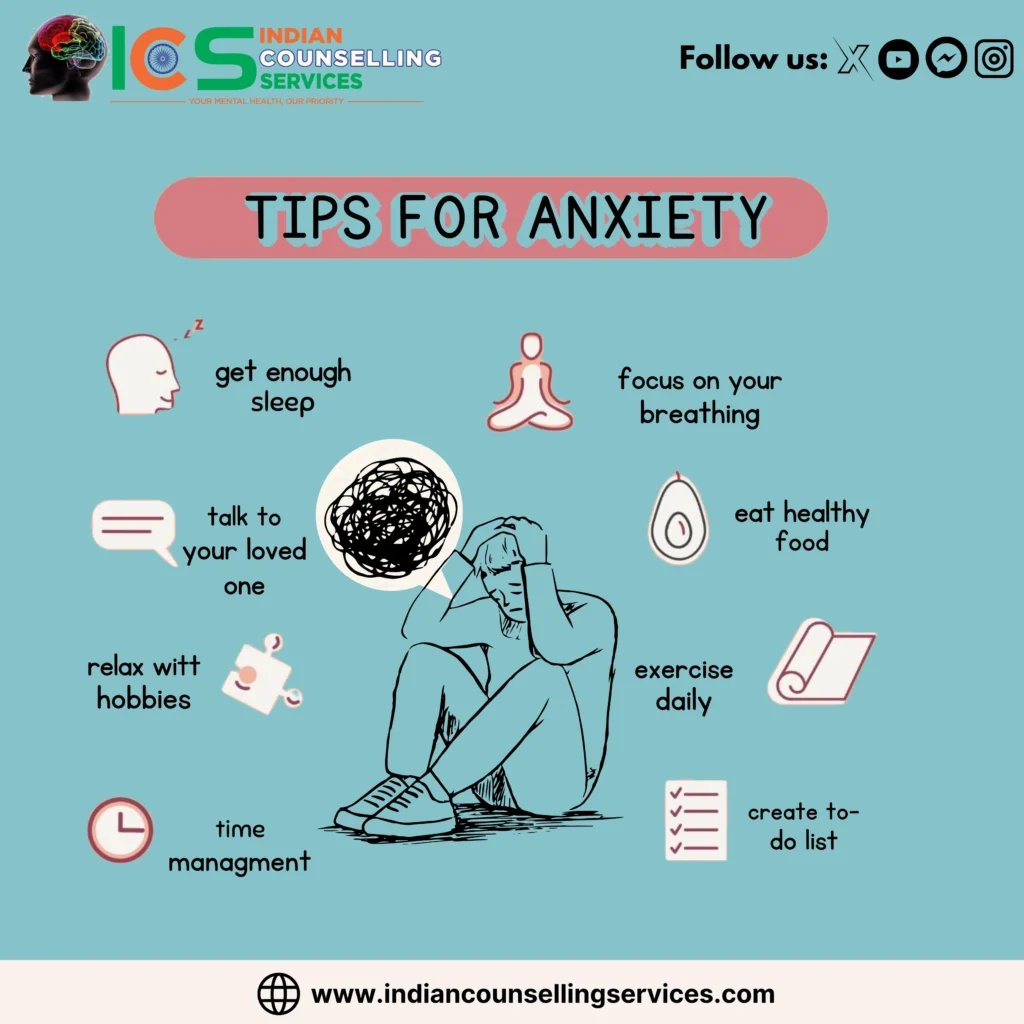
Simple Steps to Clear Your Mind and Feel Better
Modern life often leaves us with minds full of thoughts, tasks, and worries. This mental overload can make us feel stressed, distracted, and emotionally drained. Learning to clear your mind is essential for regaining a sense of balance and boosting your overall well-being. Fortunately, there are simple, practical strategies to help you declutter your thoughts and feel more refreshed.
In this guide, we’ll explore easy yet effective techniques for calming your mind and improving your mental clarity.simple steps
Mental clarity plays a significant role in our emotional and physical health. When our thoughts become cluttered, it can lead to:
- Stress and Anxiety: Persistent worries can increase stress levels and affect your mood.
- Difficulty Concentrating: A busy mind makes it harder to stay focused and productive.
- Emotional Fatigue: Overthinking consumes energy, leaving you feeling drained.
- Sleep Troubles: Racing thoughts often disrupt restful sleep.
By decluttering your mind, you can reduce stress, enhance focus, and improve your overall sense of well-being. Let’s dive into the steps you can take to achieve a clearer, more peaceful mind.

One of the easiest ways to relax your mind is through deep breathing. It helps to lower stress and brings your attention to the present moment. This simple yet effective technique can have immediate calming effects.
How to Do It:
Sit comfortably in a quiet space.
Breathe in deeply through your nose for a count of four.
Hold your breath for four seconds.
Exhale slowly through your mouth for a count of six.
Repeat this cycle for five to ten minutes.
This mindful breathing exercise can help you feel centered and more grounded.
Holding onto too many thoughts at once can make your mind feel chaotic. Writing things down allows you to offload mental clutter onto paper, helping you gain clarity and perspective.
Try These Techniques:
Brain Dump: Spend a few minutes jotting down everything on your mind without filtering or organizing.
Daily To-Do Lists: Break your tasks into smaller, actionable steps.
Journaling: Reflect on your emotions and experiences to process them more effectively.
When you externalize your thoughts, they feel more manageable, freeing up mental space.
Physical activity is a powerful way to improve both mental and physical health. Exercise releases endorphins, which naturally boost your mood and help you feel more energized.
Ideas for Physical Activity:
Take a brisk walk outdoors and focus on your surroundings.
Join a yoga or stretching session to combine movement with mindfulness.
Try dancing to your favorite music for a fun and uplifting workout.
Even short bursts of movement can help clear your mind and enhance your sense of well-being.
The environment around you can significantly impact your mental state. A cluttered room or workspace can contribute to a cluttered mind. By organizing your surroundings, you create a more peaceful atmosphere that promotes relaxation.
How to Declutter:
Start small by tidying one area, such as your desk or kitchen counter.
Donate or discard items you no longer use or need.
Maintain a clean and organized space with daily upkeep.
A tidy space fosters a tidy mind, making it easier to focus and feel calm.
Mindfulness involves paying attention to the present moment with curiosity and acceptance. It helps you break free from the cycle of overthinking and allows you to focus on what truly matters.
Simple Mindfulness Practices:
Spend a few minutes observing your breath or the sensations in your body.
Try mindful eating by savoring each bite of food and appreciating its texture and taste.
Listen to a guided meditation to help you stay present.
Regular mindfulness practice can help you develop resilience and reduce stress over time.
Technology is a major source of mental clutter. Constant notifications, emails, and social media updates can overwhelm your brain. Setting boundaries with your devices is essential for maintaining mental clarity.
Tips for Limiting Screen Time:
Designate specific times for checking emails and social media.
Turn off notifications for non-essential apps.
Unsubscribe from newsletters or channels that no longer serve you.
By creating digital boundaries, you give your mind the space it needs to recharge.
Creativity is a fantastic outlet for stress and overthinking. Whether it’s painting, writing, or playing music, creative activities can immerse you in the moment and bring you joy.
Fun Creative Activities:
Try sketching or coloring as a way to relax.
Write in a journal or compose poetry to express your thoughts.
Explore new hobbies like gardening, crafting, or photography.
Creative pursuits can be both therapeutic and fulfilling, giving your mind a chance to rest and reset.
Nature has a calming effect on the mind. Even a short walk in a green space can help reduce stress, improve focus, and elevate your mood.
How to Connect with Nature:
Walk through a park and observe the trees, birds, or flowers.
Sit by a lake or river and enjoy the soothing sounds of water.
Practice grounding by standing barefoot on grass or sand.
Spending time outdoors is a simple and accessible way to rejuvenate your mind and body.
Restful sleep is essential for mental clarity. Without enough rest, your brain struggles to process information and manage emotions effectively.
Tips for Better Sleep:
Establish a calming bedtime routine, like reading or meditating.
Avoid screens at least an hour before bed to minimize blue light exposure.
Keep your bedroom dark, cool, and quiet to create an ideal sleep environment.
Getting sufficient sleep allows your mind to reset and function at its best.
Sometimes, the best way to clear your mind is by talking to someone who cares. Sharing your thoughts with a friend, family member, or therapist can help you gain perspective and feel supported.
Ways to Seek Support:
Call or meet up with a loved one for an open conversation.
Join a local or online support group with like-minded individuals.
Consider professional counseling to work through persistent challenges.
Human connection is a powerful tool for emotional healing and clarity.
Clearing your mind doesn’t have to be complicated. By incorporating these simple practices into your routine, you can create a more balanced and peaceful mindset. Whether it’s deep breathing, spending time in nature, or organizing your space, small changes can make a big difference in how you feel.
Take the first step today—your mental clarity and emotional well-being are worth it.

3 Comments
Real-Life Stories of Growth Mindset Success - indiancounsellingservices.in
November 26, 2024[…] 1. From Struggling Student to Star Performer […]
Cognitive Behavioral Therapy - Indian Counselling Services
November 27, 2024[…] and Replacing Negative Thoughts: After challenging negative thoughts, CBT encourages individuals to reframe them into more realistic and balanced perspectives. For example, if someone constantly thinks “I’m a failure,” CBT would guide them […]
8 Steps to Make Mornings Less Anxious and More Peaceful
November 29, 2024[…] 5. Choose a Balanced Breakfast […]